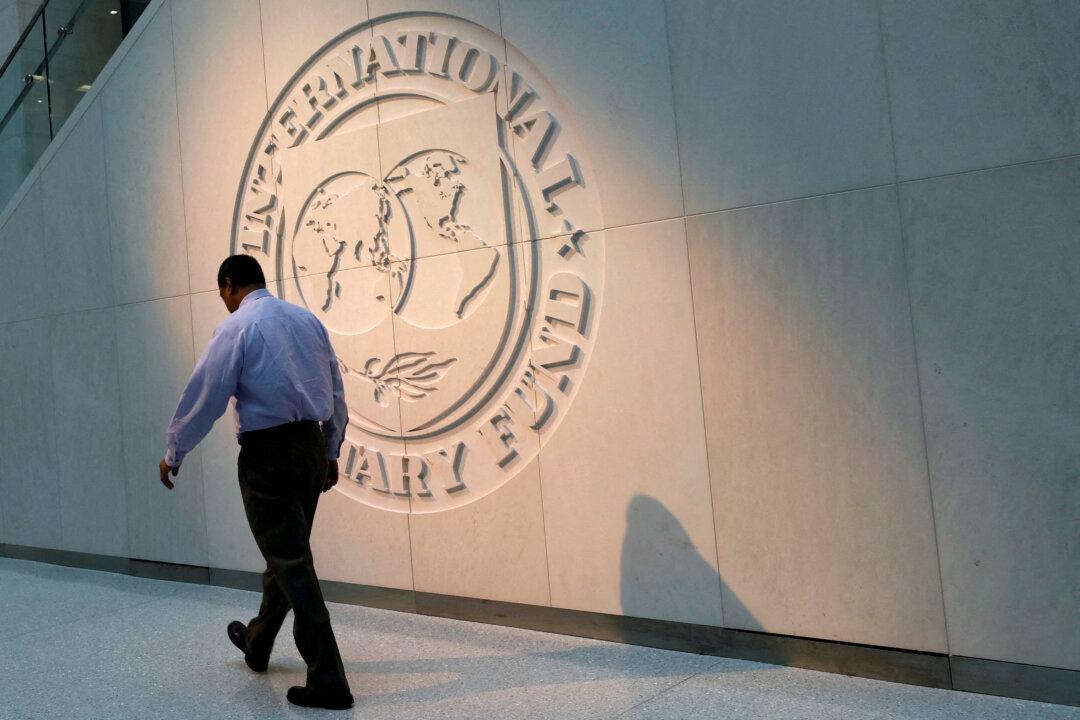Consumer sentiment in the United States took a hit in May, dropping to its lowest point this year. This decline comes amid renewed concerns about the American economy and elevated expectations for inflation in the long term. According to the University of Michigan’s preliminary reading of its consumer sentiment index, the figure dropped to 57.7—considerably lower than economists’ predictions that it would remain close to the previous month’s reading of 63.5.
Joanna Hsu, director of the university’s consumer surveys, stated that the participants’ concerns escalated following negative news about the economy, which included the debt ceiling crisis. Hsu added that while data does not indicate an imminent recession, more Americans believe that, if one occurred, it would not be brief.




